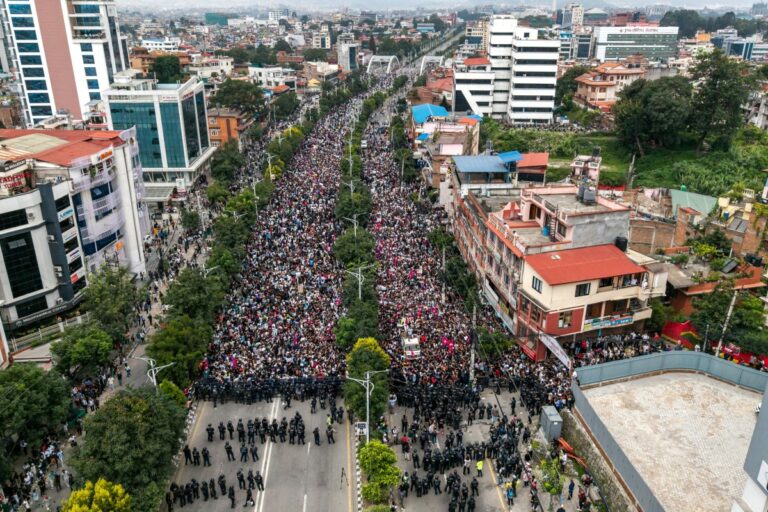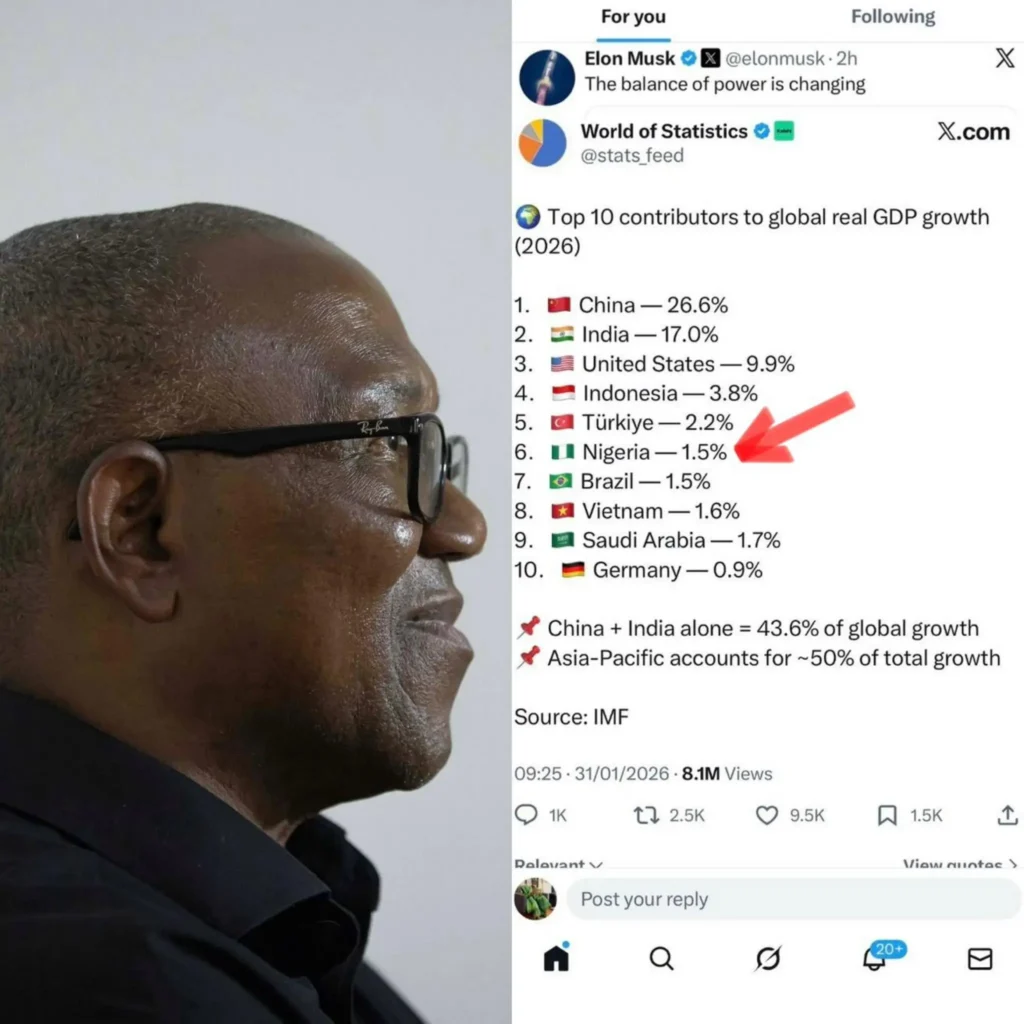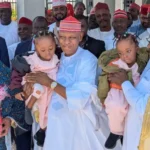Ex-Chief Justice Sushila Karki Appointed Nepal’s Transitional Prime Minister After Deadly Protests

Nepal’s former chief justice, Sushila Karki, has been named transitional prime minister following days of violent anti-corruption protests that forced the resignation of KP Sharma Oli, the presidential office announced Friday.
Karki, 73, the first woman to serve as chief justice in Nepal, is set to be sworn in later Friday evening, presidential press adviser Kiran Pokharel confirmed.
A new council of ministers is expected to be formed shortly after her oath-taking.
The decision comes amid the country’s worst political turmoil since the abolition of the monarchy in 2008.
At least 51 people have been killed this week, including 21 protesters, after security forces cracked down on rallies led by the youth-driven “Gen Z” movement.
Demonstrators had taken to the streets over corruption, unemployment, and poor governance, initially sparked by a controversial ban on social media.
Protesters torched parliament, several government buildings, and a Hilton Hotel in Kathmandu on Tuesday.
More than 12,500 inmates escaped from prisons during the chaos, while police said hundreds of weapons were looted before being partially recovered.
The military imposed a strict curfew on the capital after Oli, the 73-year-old Communist Party leader, resigned on Tuesday and went into hiding. Soldiers remain on patrol as calm slowly returns.
Gen Z leaders welcomed Karki’s appointment, saying they had reached an understanding with the army and the presidency.
“It is a moment of victory… finally the power vacuum has ended,” said Amrita Ban, a protester.
Another demonstrator, Nimesh Shrestha, told AFP that parliament would be dissolved as part of the agreement, clearing the way for Karki to lead.
Ordinary citizens in Kathmandu cautiously emerged from their homes during brief curfew breaks to stock up on food and fuel.
“It was a really tense time and we just stayed indoors,” said Laxmi Thapa, a 32-year-old resident.
For many protesters, however, the transition marks only the beginning.
“We started this movement so we could make a better Nepal,” said James Karki, 24.









